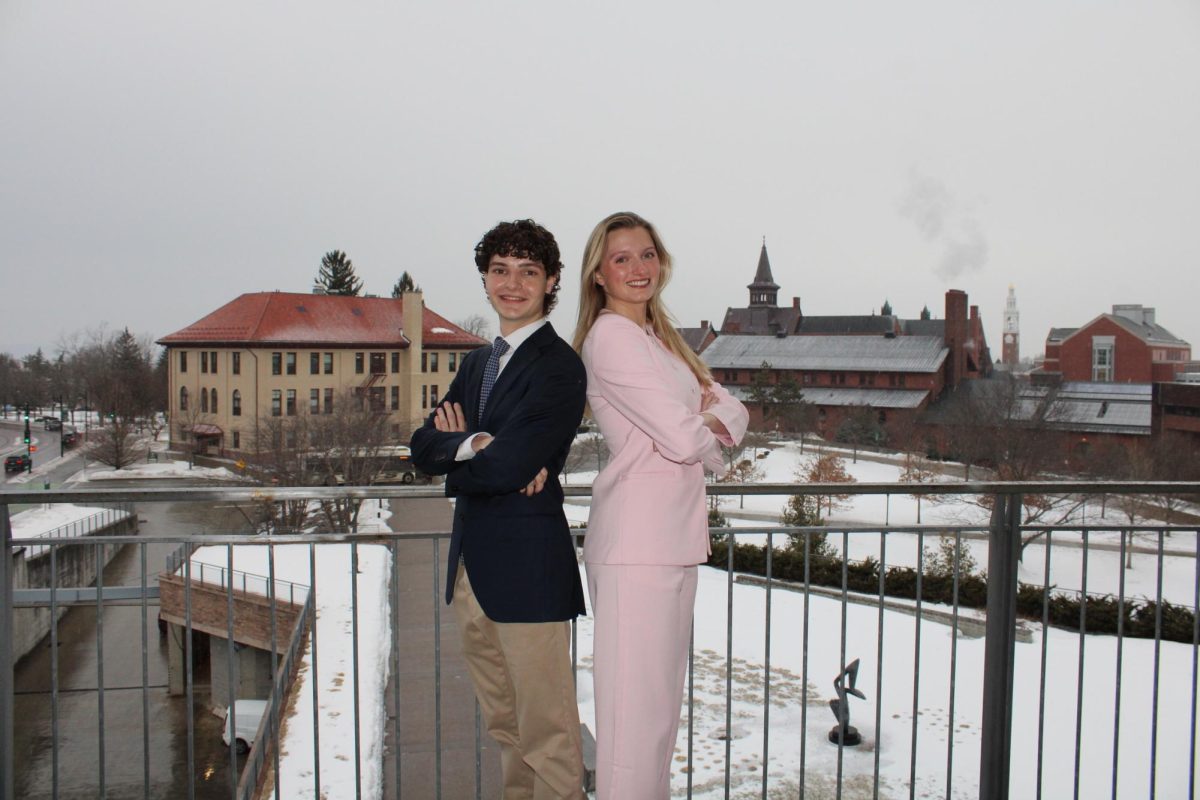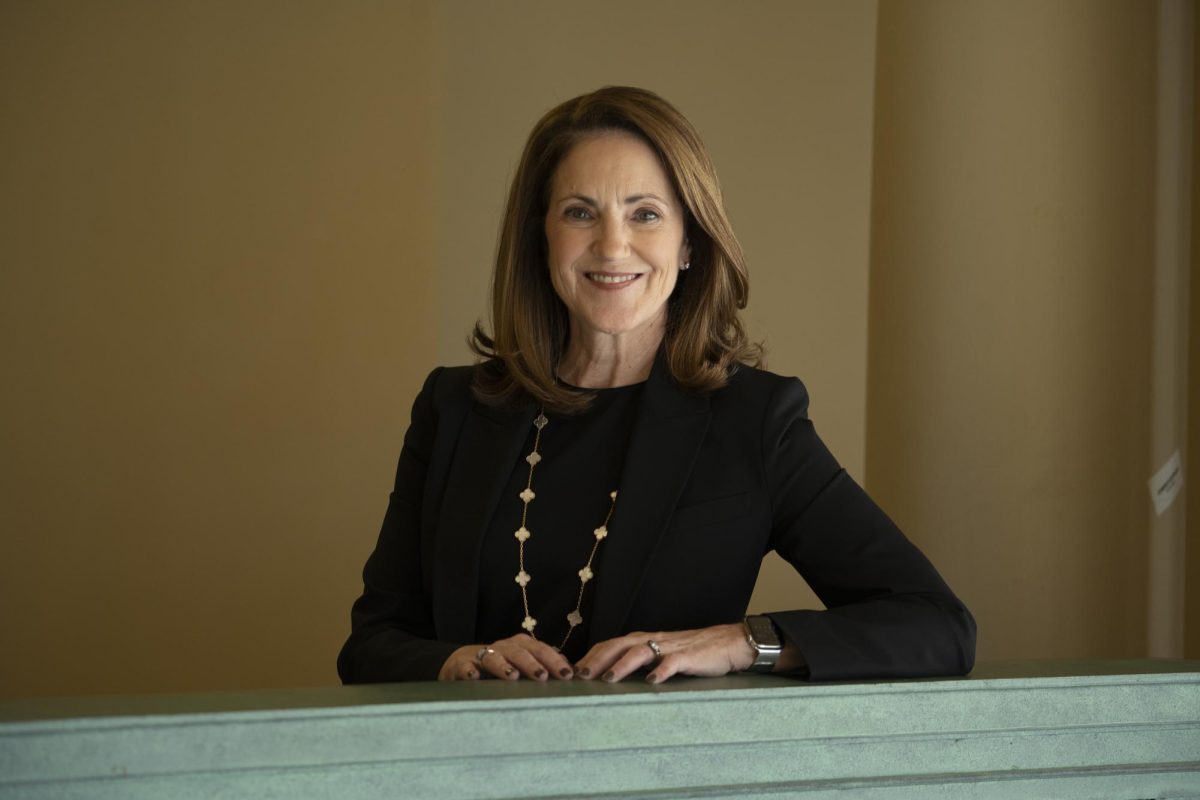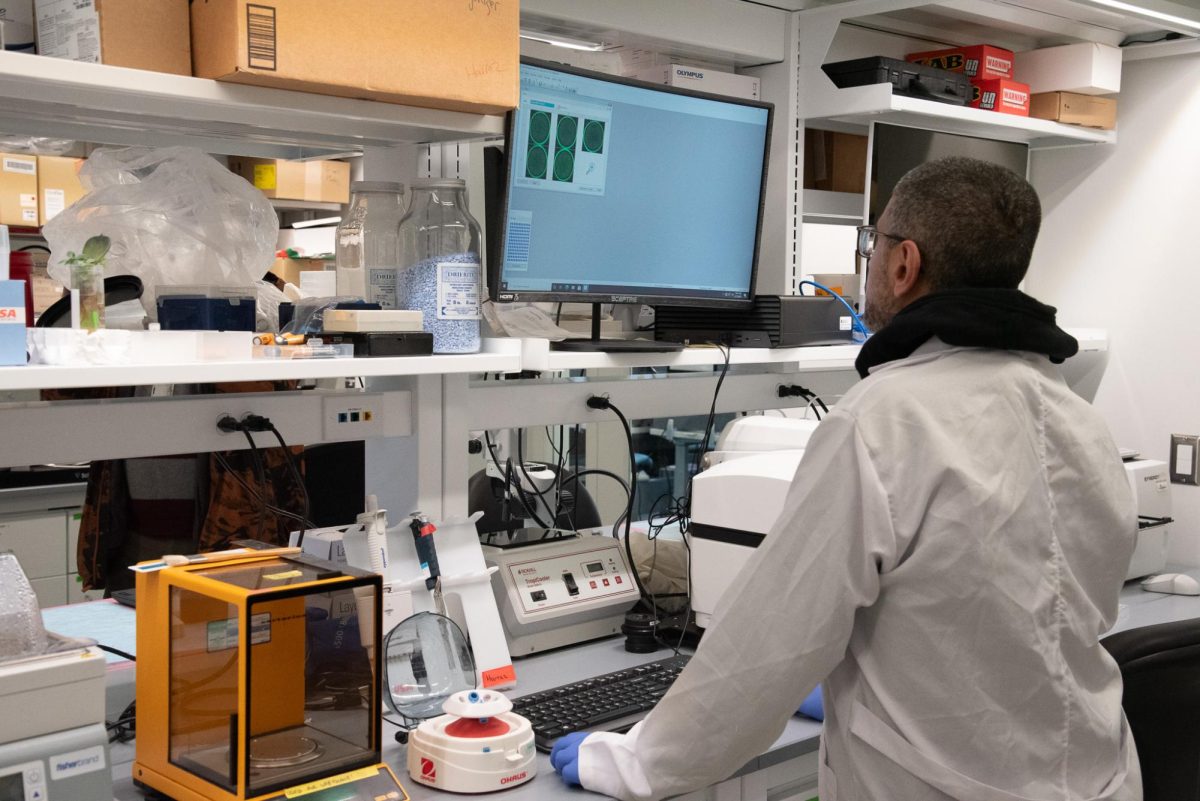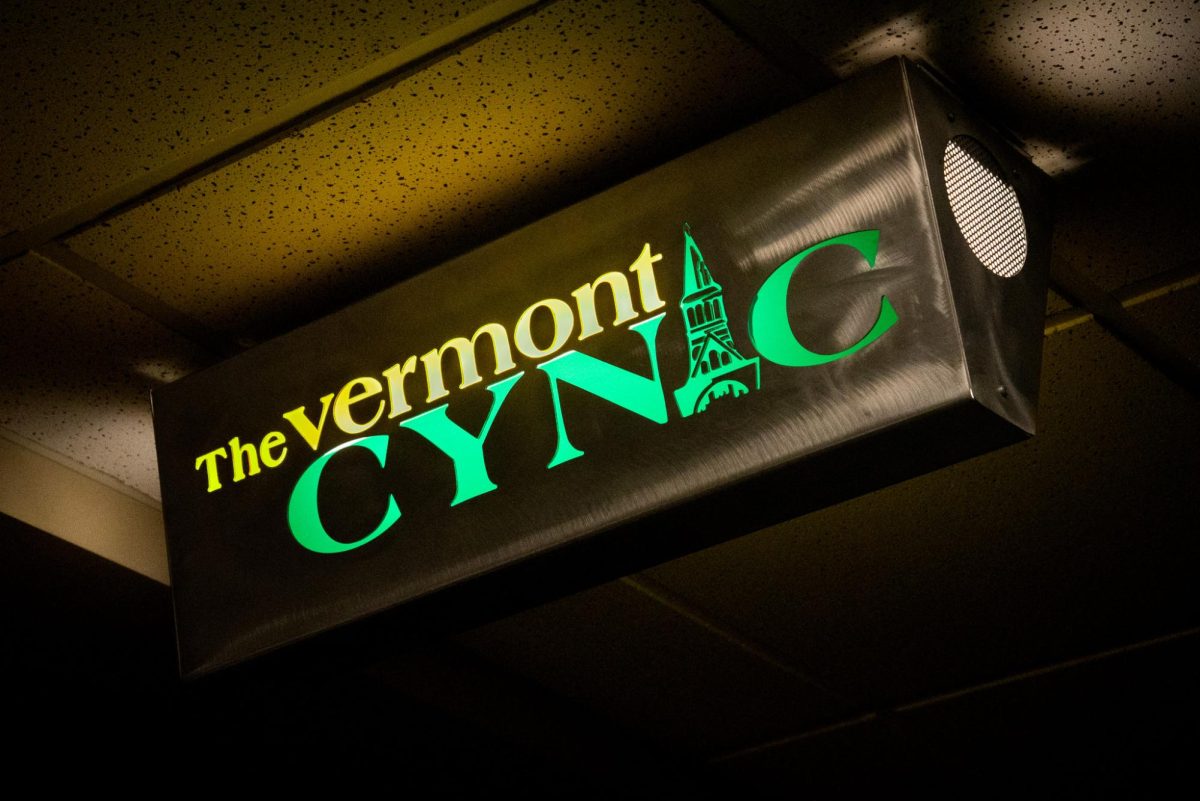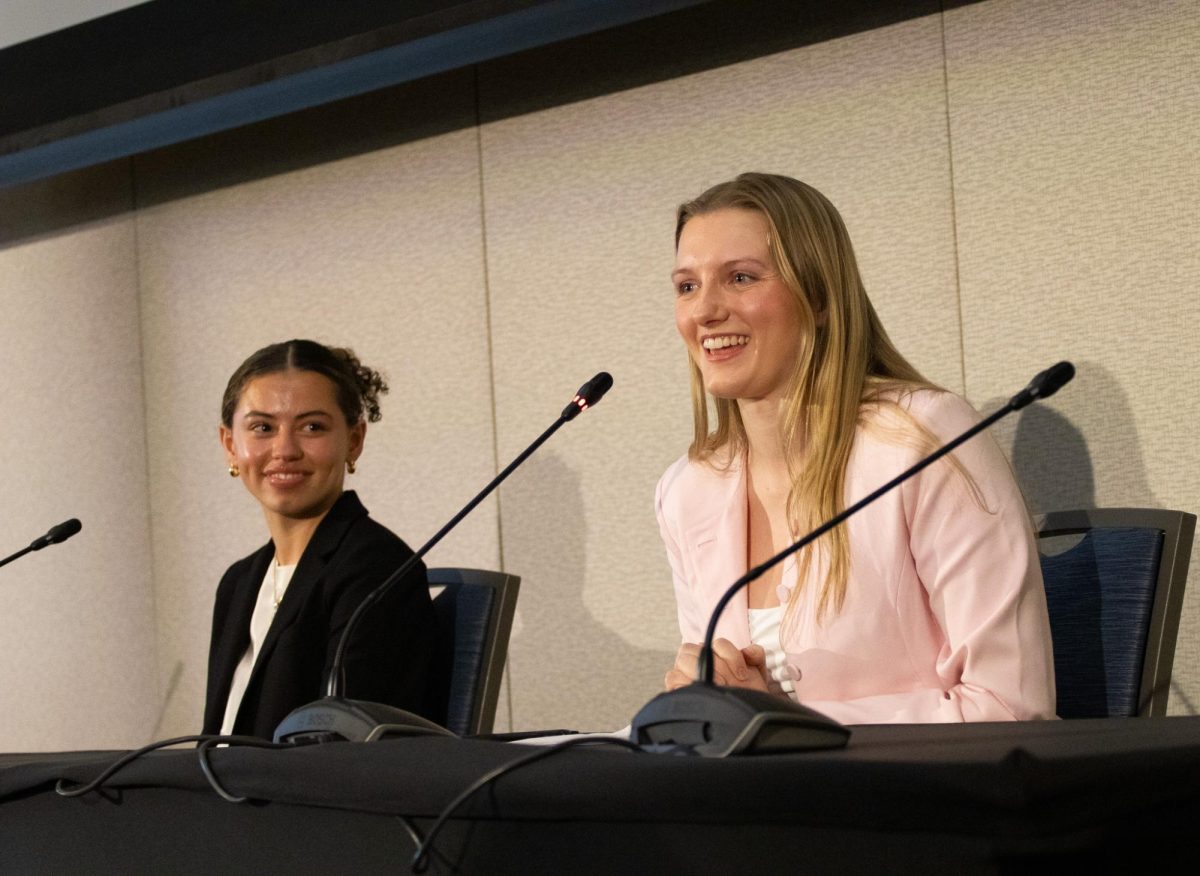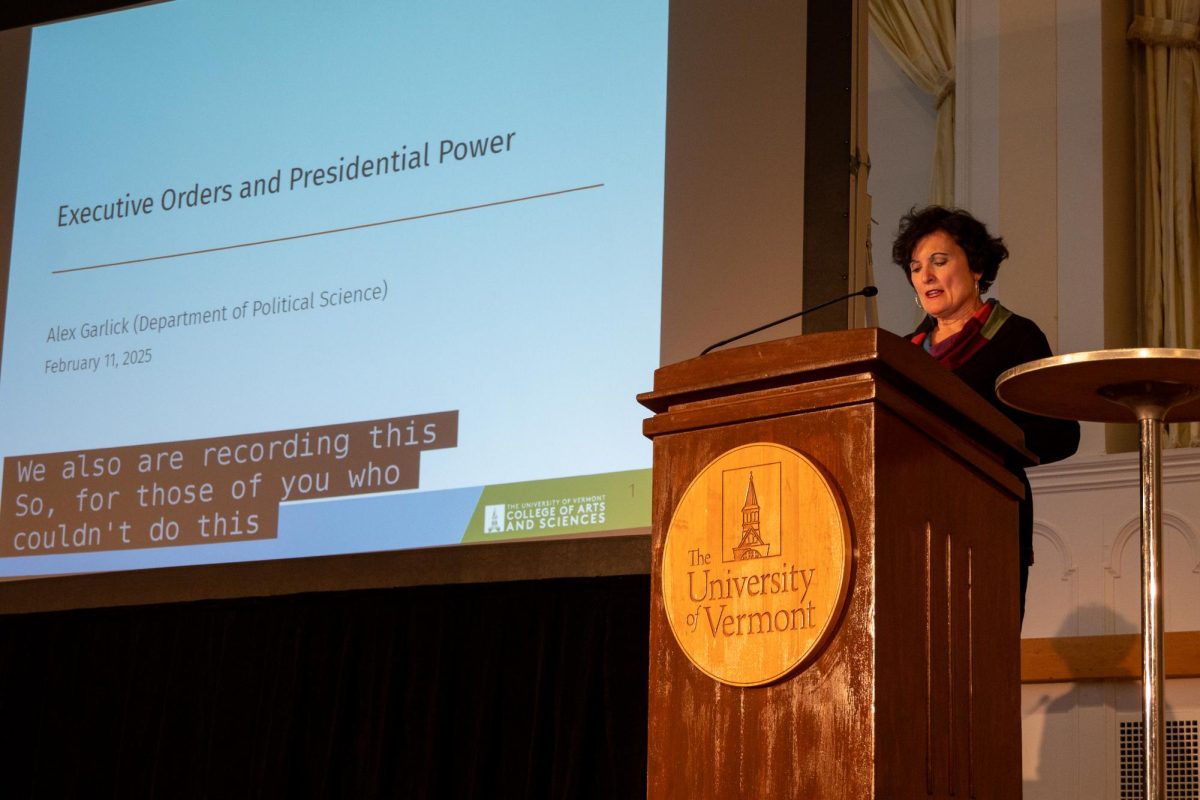The Rubenstein School recently designed a professional Master of Science program in Leadership for Sustainability that will offer a combination of residential and online learning experiences for emerging leaders.
“This is an amazing program,” Nancy Mathews, the dean of Rubenstein School, said.
“The primary focus is trying to get early career professionals to come back into a program,” Mathews said.
Students will also learn about skills needed to become leaders in the areas of sustainability and also to learn how apply ecological economics in sustainability issues, Matthews said.
The program is focused on developing students’ capacity to spark change and collaborate effectively across different fields and sectors, she said.
“We hope that when students graduate, they will have three things: first, a strong understanding of how ecological systems work and can apply leadership practices that will help living system,” Matt Kolan, the program’s co-director, said.
“Second is they can take a deep dive into systems and structures of power and privilege,” Kolan said.
“Last, they can identify their unique gifts to step more fully into their capabilities to be powerful leaders.”
The new program that the Rubenstein School offers has a few qualities that makes it unique, according to the website.
“It’s different from other programs because it does have outside mentors,” Mathews said.
“These are well-known professionals who are probably leaders in the profits and a few government leaders,”
UVM faculty members are cooperating with a network of distinguished professional affiliates and leaders throughout the country.
They hope to offer an applied curriculum that integrates academic inquiry with professional skills, according to the program website.
“They are going to be a part of the teaching core to mentor each student in the project. That’s unusual,” Mathews said.
“People who have demonstrated their success, capacity and innovation will be fascinating to students.”
Another feature of the new Rubenstein School program is network place-based learning, according to the program website.
“Each individual doesn’t have to uproot themselves from their community and go to graduate school of Vermont. One can continue living in his or her community but be connected to other learners throughout the country,” Kolan said.
The program offers many online courses for students at the University and four residential short courses, which will happen in Vermont and a variety of urban locations.
“Students’ leadership approaches and skills will be deeply grounded in a relationship within an understanding of healthy ecological systems,” Kolan said.
The gathering opportunities will help build connections among students and provide experiential opportunities, according to the program website.
“And they will develop very important and professional networks with peers and mentors which they can use in their careers,” Mathews said.





